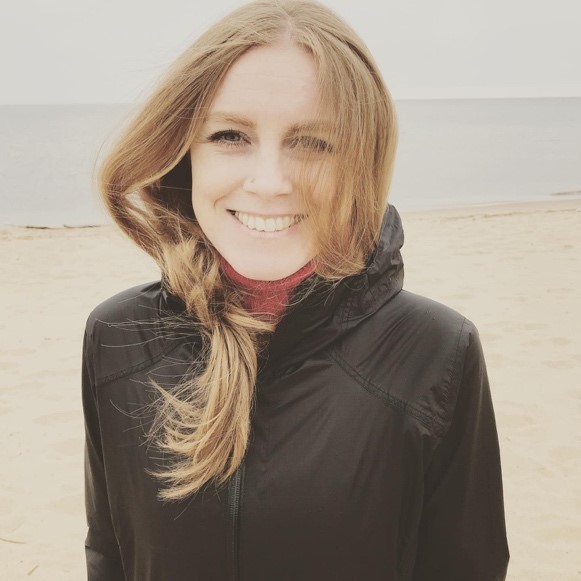ISSN: 1941-4137
POETRY THAT ENACTS THE ARTISTIC AND CREATIVE PURITY OF GLASS
POETRY THAT ENACTS THE ARTISTIC AND CREATIVE PURITY OF GLASS

Author photo by Ryley Eden Priest
Kimberly Ann Priest is the author of White Goat Black Sheep (FLP) and her poetry has appeared in several literary journals including The Comstock Review, riverSedge, Borderlands: The Texas Poetry Review, The 3288 Review, Welter, Ruminate Magazine and The Berkeley Poetry Review. She is an MFA graduate of New England College, Assistant Professor at MSU, reviewer for NewPages, and editor for the Nimrod International Journal.
my pedophile stays in the moment
if this concerns imagination / it is the long crease running down the center of
the stage / how the stage master steps over it consciously / his eye on the
audience / how he looks to be a man of considerable flexibility / shifting his
weight effortlessly from limb to limb as a puppet enamored with his strings /
the way his feet are not bound to a surface / his hands not accountable for the
arch of their swing / the way his chin is posable and the weight of his head
increases its speed / how he wears heavy make-up so as to be seen when the
lighting is intense / how the audience sits in the dark increasingly unconscious
of an aisle leading to the exit of the room or the center of the stage
This poem is part of a series of poems that all begin “my pedophile—” that I eventually hope to publish as a chapbook. The poems are a fractured carnival of language, each poem casting the pedophile in a new setting under the inspirited control of objects and expectations. However, the pedophile is not the main event; rather the speaker is as she is vicariously vivified and muted by the animated memories of the pedophilic act intruding into her present circumstances. The poems are linguistically tight, prose-y, and punctuated with slashes so that the pedophile feels immediately present and inseparable from the speaker.
Speaking from personal experience, this is the reality of trauma — time collapses. The past event is immediate and present. Interestingly, one of my readers commented that these poems also humanize the pedophile. I loved this; and I think it’s important to the drama in the text. Pedophiles, no matter how much we distain their behavior — are people too, and often suffering from traumas of their own. I believe these poems testify equally to the pedophile’s bondage as well.
Glass: A Journal of Poetry is published monthly by Glass Poetry Press.
All contents © the author.
All contents © the author.





